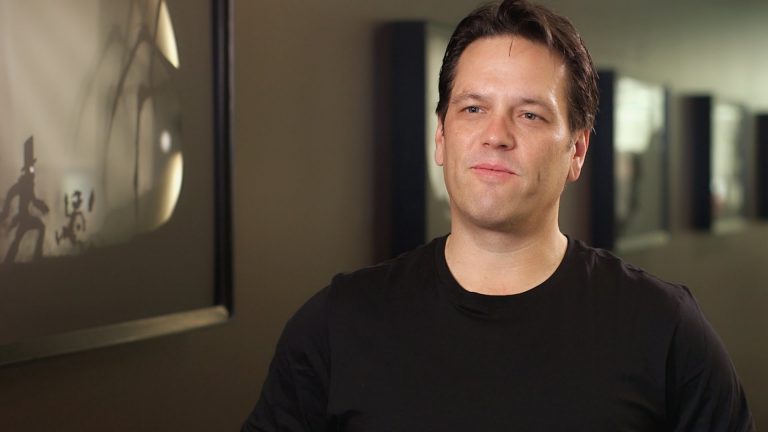
Phil Spencer Breaks Down How Xbox Game Pass Deals With Developers Work
Over the last few years, Microsoft has pivoted away from hardware-based focus to a more software-focus. Specifically, their Xbox Game Pass service has been one that they have expanded on even among the launch of brand new consoles this year. However, there has been something of a mystery revolving around the service. While Spencer has said it is sustainable, there is still questions about exactly how deals are made. Well, we may never get the specifics in dollars and cents, but we now have a general idea.
Speaking with The Verge, Spencer was asked about how deals were done with studios. In a somewhat common sense answer, he said it all depended on the studio and what they preferred and/or needed. What’s interesting is that he also confirms in the early days, those deals were based on game usage and monetization, seemingly meaning that games that got the most play would get the most pay out, though it’s not explicitly stated if that’s what he means. Maybe the most shocking part of it all however is he says in some cases they even pay the full production of the game, even for titles that will go on to be sold on other platforms.
“Our deals are, I’ll say, all over the place. That sounds unmanaged, but it’s really based on the developer’s need. One of the things that’s been cool to see is a developer, usually a smaller to mid-sized developer, might be starting a game and say, “hey, we’re willing to put this in Game Pass on our launch day if you guys will give us X dollars now.” What we can go do is, we’ll create a floor for them in terms of the success of their game. They know they’re going to get this return.
“[In] certain cases, we’ll pay for the full production cost of the game. Then they get all the retail opportunity on top of Game Pass. They can go sell it on PlayStation, on Steam, and on Xbox, and on Switch. For them, they’ve protected themselves from any downside risk. The game is going to get made. Then they have all the retail upside, we have the opportunity for day and date. That would be a flat fee payment to a developer. Sometimes the developer’s more done with the game and it’s more just a transaction of, “Hey, we’ll put it in Game Pass if you’ll pay us this amount of money.”
“Others want [agreements] more based on usage and monetization in whether it’s a store monetization that gets created through transactions, or usage. We’re open [to] experimenting with many different partners, because we don’t think we have it figured out. When we started, we had a model that was all based on usage. Most of the partners said, “Yeah, yeah, we understand that, but we don’t believe it, so just give us the money upfront.” ”
It’s probably not a surprising answer, but it is something of a peek behind a curtain we haven’t gotten to see much of in the past. Xbox Game Pass remains one of Microsoft’s key priorities going forward and looks, for now at least, to be a good deal for both developers and players. Let’s hope it stays that way.